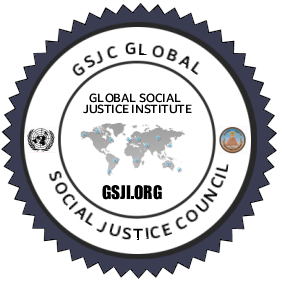|
c. “Good Offices” (article 99 of the Charter)
The Secretary-General may be best known to the general public for using his impartiality to engage and intervene in
matters of international concern. This is commonly referred to as his “good offices” and is indicative of the steps
taken by the Secretary-General or his senior staff, publicly and in private, to prevent international disputes from
arising, escalating or spreading. The Secretary-General can use his good offices to raise sensitive human rights
matters with Governments. His intervention may be at his own discretion or at the request of Member
States.
[Also see introduction: United Nation’s Programme for Reform.]
PART 3:
HUMAN RIGHTS MECHANISMS
Introduction
A number of conventional mechanisms and extra-conventional mechanisms are in place to monitor the implementation of
international human rights standards and to deal with complaints of human rights violations.
International human rights mechanisms
A. Conventional Mechanisms: Treaty-Monitoring Bodies
• Committee on Economic, Social and Cultural Rights (monitors the implementation of the International Covenant on
Economic, Social and Cultural Rights)
• Human Rights Committee (monitors the implementation of the International Covenant on Civil and Political
Rights)
• Committee on the Elimination of Racial Discrimination (monitors the implementation of the International
Convention for the Elimination of all Forms Racial Discrimination)
• Committee against Torture (monitors the implementation of the Convention against Torture and Other Cruel, Inhuman
or Degrading Treatment or Punishment)
• Committee on the Elimination of Discrimination against Women (monitors the implementation of the Convention on
the Elimination of All Forms or Discrimination against Women)
• Committee on the Rights of the Child (monitors the implementation of the Convention on the Rights of the
Child)
| 
